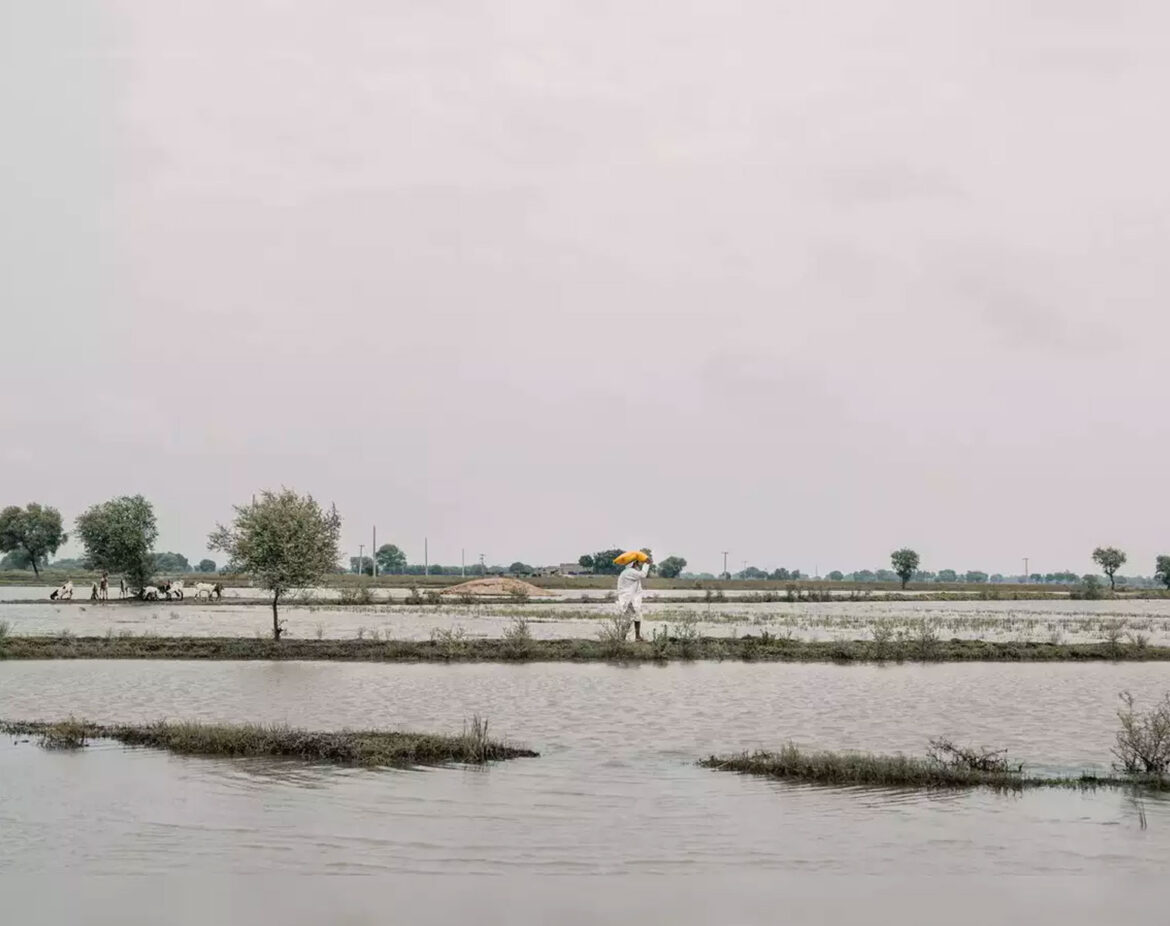Pakistan is seeking a $13 million grant from the World Health Organisation (WHO) to bolster training programmes aimed at enhancing climate resilience within the nation’s health systems. This move follows the completion of a vulnerability assessment survey conducted with the support of international donors.
Dr. Mehreen Mujtaba, Director of Nutrition at the Ministry of National Health Services, announced plans to introduce a National Health Adaptation Plan during a conference that evaluated the climate-related risks faced by various provinces. The event, titled ‘Building Resilient Health Systems in the Wake of Climate Crisis in South Asia’, was organised by the Sustainable Development Policy Institute (SDPI).
During the conference, experts highlighted the growing risks posed by climate change to the healthcare sector. Panelists stressed the importance of adapting strategies that would enhance both climate and health resilience. A critical aspect of this approach is the establishment of a sustainable financial framework to support these initiatives.
At COP-28, the Ministry of National Health Services reaffirmed its commitment to global health by endorsing a health declaration aimed at addressing the impacts of climate change, according to Dr. Mehreen.
Dr. Meghnath Dhimal, an Environmental Health Scientist from Nepal, expressed concerns about the alarming rise in climate-related health issues, including heat-related illnesses, vector-borne diseases, and respiratory problems aggravated by air pollution. He emphasized the need for a comprehensive approach that integrates climate adaptation into health planning to effectively tackle these challenges.
The conference also featured special remarks from Dr. Robert Marten, AHSPR, Geneva, and included panelists such as Dr. Upasona Ghosh from PHFI, India, Rabia Tabassum from SDPI, and Dr. Syed Manzoor Ahmed Hanifi from ICDDR-B, Bangladesh. The panelists presented data showing the correlation between extreme weather events and increased morbidity rates, underscoring the disproportionate impact on vulnerable populations in South Asia.
The panelists called for innovative solutions that would not only address immediate health concerns but also ensure long-term sustainability. A key recommendation was the creation of dedicated funds to finance climate-resilient health infrastructure. Experts argued that such investments would not only protect public health but also contribute to economic stability amid climate uncertainties.
The discussions emphasized the need for collaborative efforts between governments, NGOs, and the private sector to build a resilient health system capable of withstanding the challenges posed by climate change. The collective vision highlighted the importance of proactive measures and strategic planning to safeguard the health of communities across South Asia in an era of environmental upheaval.



